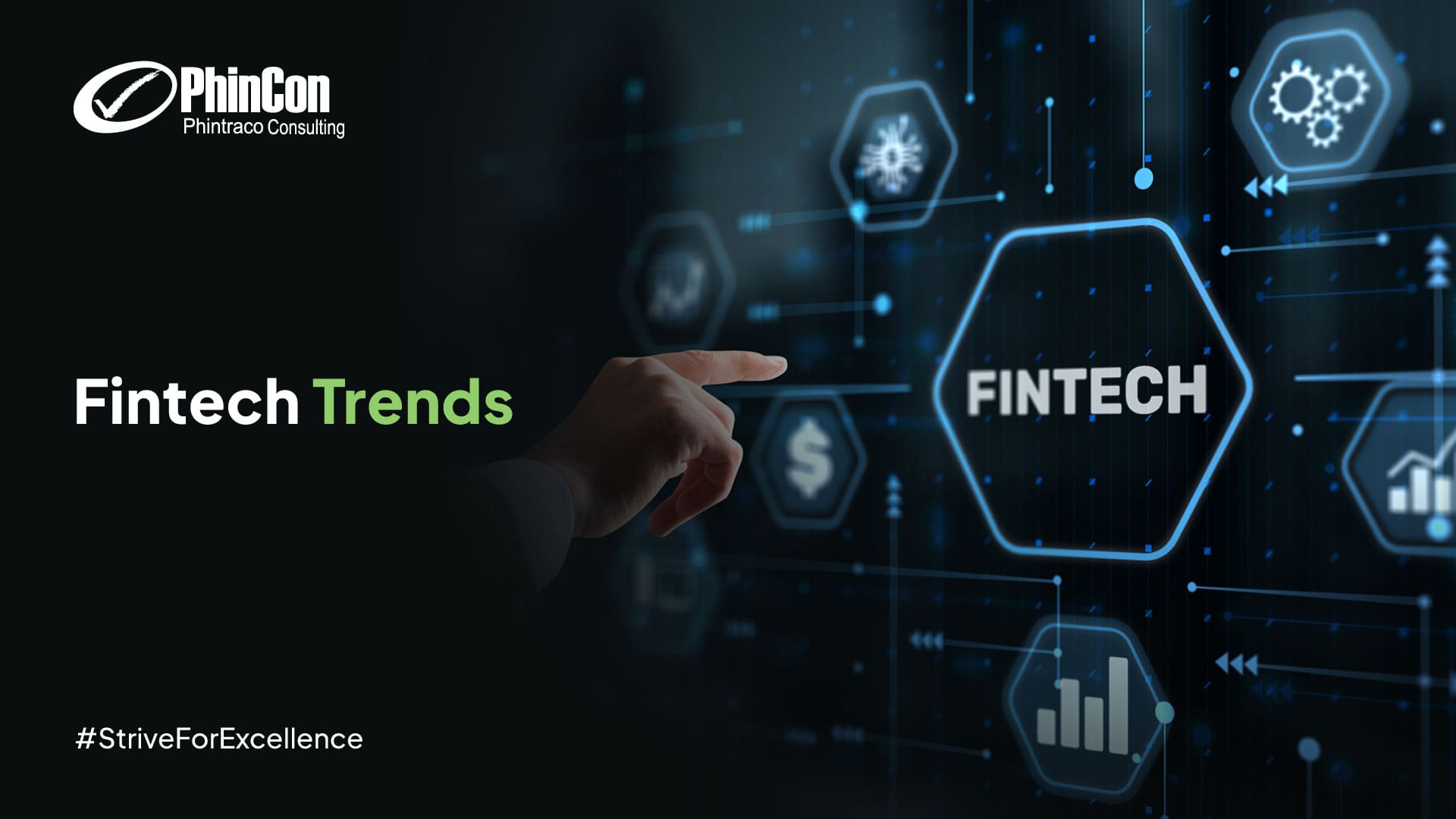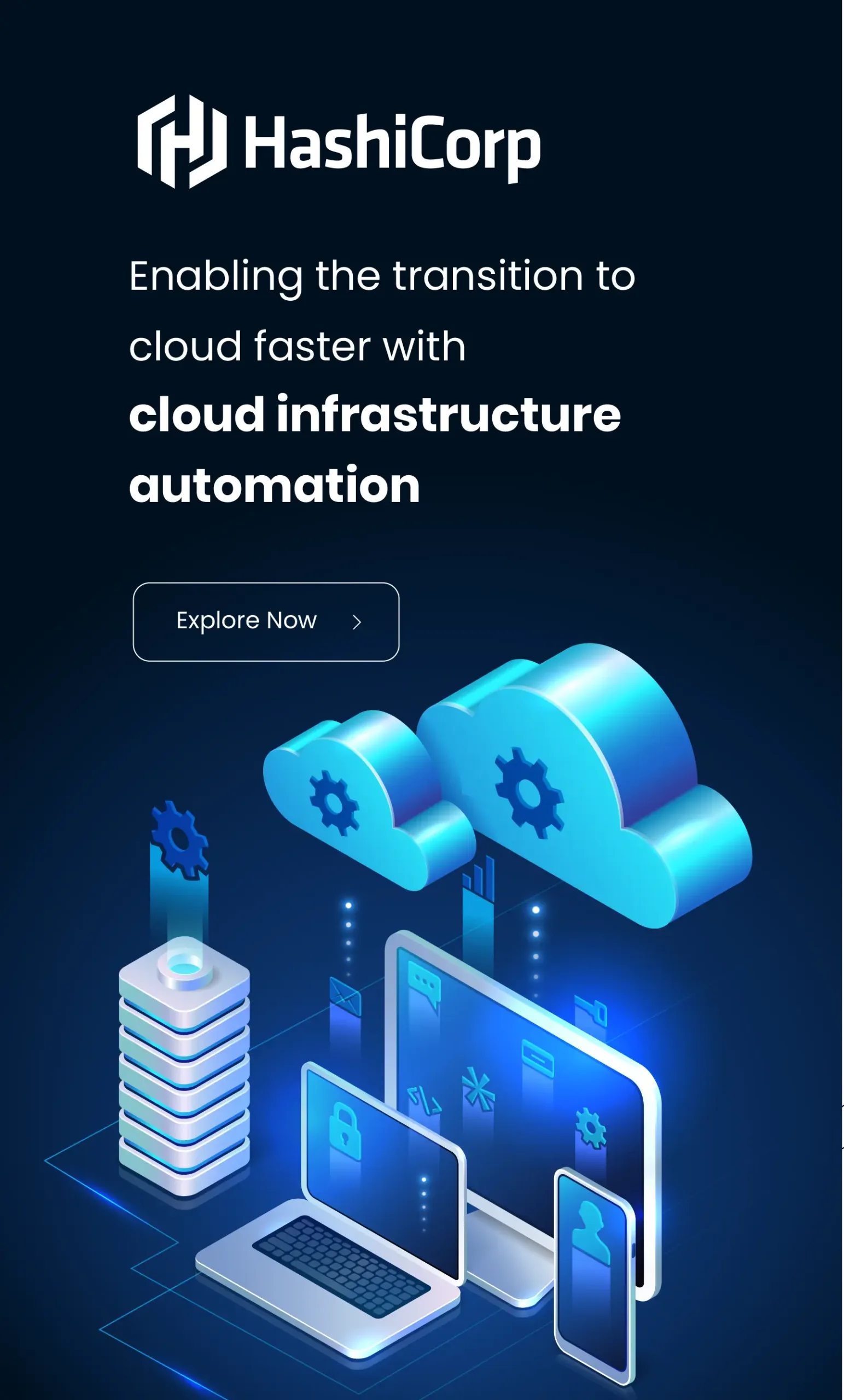Blog and News

10 Fintech Trends in 2026: Shaping The Future of Global Fintech
Fintech, short for financial technology, is the innovation that has transformed the way financial operations are managed. Starting as technology behind traditional banks’ systems, fintech has evolved into consumer-focused services offering faster, more personalized, and accessible financial products. For example, mobile payment apps, robo-advisors, peer-to-peer lending platforms, and digital wallets. However, the innovation doesn’t stop there. Fintech trends continue to transform the way individuals and businesses interact with money.
Examining the latest and future fintech trends, it is clear that the industry is not going to slow down anytime soon. New ideas, such as embedded finance, sustainable fintech, and AI-powered services, are changing how people interact with money. Let’s explore 10 key fintech trends to expect in 2026.
What are The Fintech Trends in 2026?
As technology advances, the latest fintech trends will continue to transform how people and businesses manage their finances. To stay updated, it’s important to explore the future trends in fintech that will transform the industry in the near future. Here are some fintech trends to expect in 2026:
Open Banking
The first financial technology trend is open banking technology. It is a banking practice that enables the secure sharing of consumer banking transactions and other financial information through application programming interfaces (APIs). This model enhances transparency, competition, and innovation in the financial services sector. It gives consumers more control over their financial information, while businesses can offer more personalized and efficient services, such as streamlined payments and account management.
Buy Now, Pay Later (BNPL)
The buy-now, pay-later (BNPL) trend continues to grow globally. It’s increasingly popular as a flexible and interest-free short-term installment payment option for customers, especially for online shopping. The trend has been predominantly adopted by Gen Z and Millennial consumers, who seek convenient and flexible buying experiences without the burden of interest or credit card debt.
Robotic Process Automation (RPA)
Robotic process automation (RPA) is a significant and growing fintech trend in 2025 and beyond. It revolutionizes the fintech industry by automating repetitive and rule-based tasks such as invoice processing, payment reconciliation, and data entry. RPA helps improve operational efficiency, reduce human errors, and enable human workers to focus more on strategic planning rather than manual processes.
Cybersecurity and Biometrics
Cybersecurity in fintech focuses on protecting sensitive financial data and ensuring transaction integrity through the use of advanced technologies. Current trends involve AI-powered threat detection, which identifies new attack methods in real-time, while zero-trust security models enforce continuous request verification regardless of the source.
One of the cybersecurity measures is biometric technology that uses unique physical or behavioral traits for authentication. This includes facial recognition, fingerprint scans, voice recognition, and advanced behavioral biometrics to monitor user interaction and detect fraudulent activities.
Embedded Finance
Embedded finance refers to the seamless integration of financial services. This includes payments, lending, and banking, into non-financial platforms or apps. Instead of customers having to leave a business’s platform to access financial services, those services are embedded directly into the user experience. This trend is skyrocketing, primarily driven by consumer demand for seamless financial services and the rise of digital platforms that embed these offerings.
Mobile Wallet
Modern consumers love convenience, and mobile wallets perfectly capture that demand. Mobile wallet apps facilitate easy and quick online and in-store payments, including peer-to-peer (P2P) transfers, bill payments, and merchant payments. In fact, according to CoinLaw, mobile wallets accounted for 66% of global transactions in 2025, driven by the growth of retail apps and embedded finance trends.
Real-Time Financial Data Personalization
Real-time financial data personalization involves using real-time data to deliver hyper-personalized financial services Foe example, budgeting tips, spending alerts, or tailored investment portfolios. Modern businesses are all about providing a personalized experience to consumers, and this trend focuses on anticipating users’ needs and improving financial habits in real time. It utilizes technologies like open banking APIs, cloud-native automation, and integration with embedded finance for seamless data access.
InsurTech
In recent years, insurance has been built into everyday apps and services. For example, when booking a trip, you can purchase coverage directly within the app. It makes insurance more efficient and customer-focused by leveraging artificial intelligence (AI), machine learning, and big data, among other technologies. Insurtech enables more accurate risk assessment, personalized insurance policies, and faster claims processing.
AI and ML to Reduce Fraud Risks
Financial services are one of many businesses that are prone to fraud risks. This is where AI and ML come into play. They enable real-time fraud detection, behavioral analytics, and predictive risk management. These technologies analyze vast datasets to identify anomalies, predict fraudulent activities before they occur, and automate compliance monitoring to reduce financial fraud risks.
Sustainable Finance and ESG
In 2025 and beyond, sustainable finance and ESG (Environmental, Social, and Governance) are one of the major fintech trends, with fintech driving progress through sustainable solutions. Companies now offer green bonds, sustainability-linked loans, and tools for ESG reporting and carbon tracking. Growing over 20% annually, sustainable fintech supports ethical investing, financial inclusion, regulatory compliance, and the shift to a low-carbon economy.
Baca Juga: Fintech Outsourcing Solutions: Boost Efficiency and Cut Costs
Discover How PhinCon Keeps You Ahead in Fintech Trends
As fintech trends continue to shape the financial industry, having the proper support is crucial to staying competitive. For companies expanding to Indonesia and seeking local IT experts, or those looking for remote IT professionals from Indonesia, PhinCon Pte Ltd is here to make a difference with our comprehensive IT outsourcing solutions.
PhinCon offers a streamlined approach for Indonesia’s top IT professionals, enabling businesses to focus on growth while we handle talent sourcing, screening, recruitment, and management of salaries and benefits. Our vast talent pool includes Android Developer, iOS Developer, Full Stack Developer, Golang Developer, Mobile Developer, Quality Assurance, DevOps, Business Analyst, Solution Architect, Project Manager, L2 Operation Support, and more.
With the support of our Resource Management Team, an extensive partner network, a large candidate pool, and PhinCon Academy bootcamp graduates, we ensure maximum support for businesses to stay ahead in fintech trends and achieve seamless digital transformation.
For more information about our IT outsourcing solutions, please contact us at sales.sg@phincon.com.
Editor: Trie Ayu Feminin & Irnadia Fardila
Categories
Popular Posts





